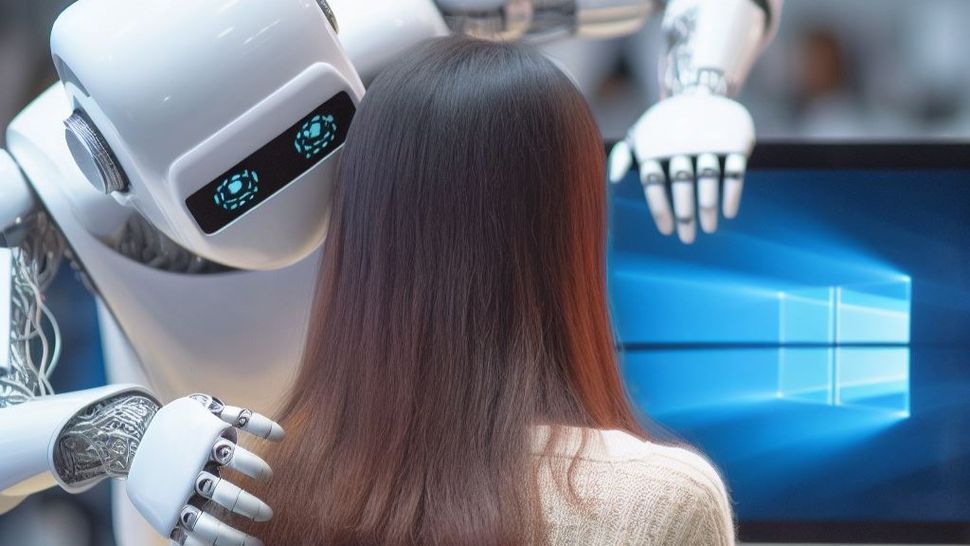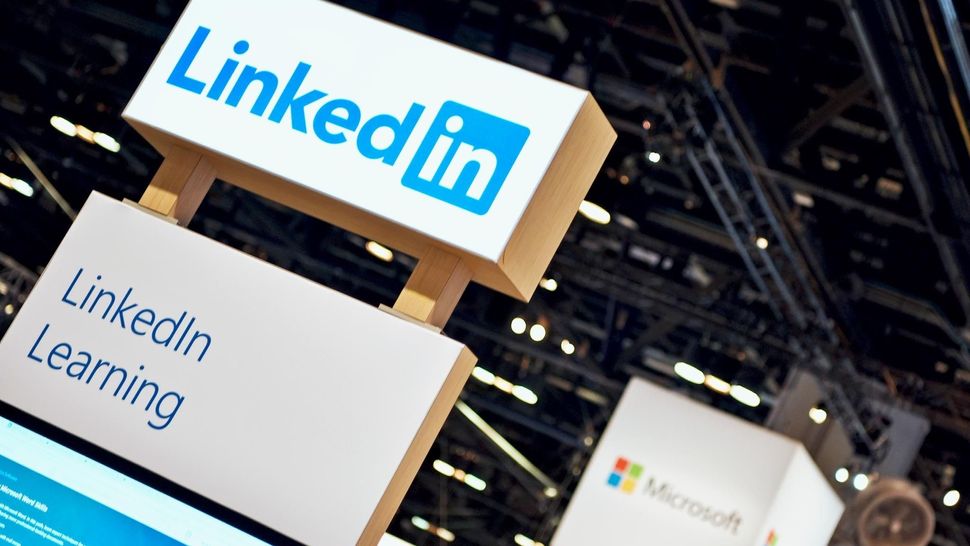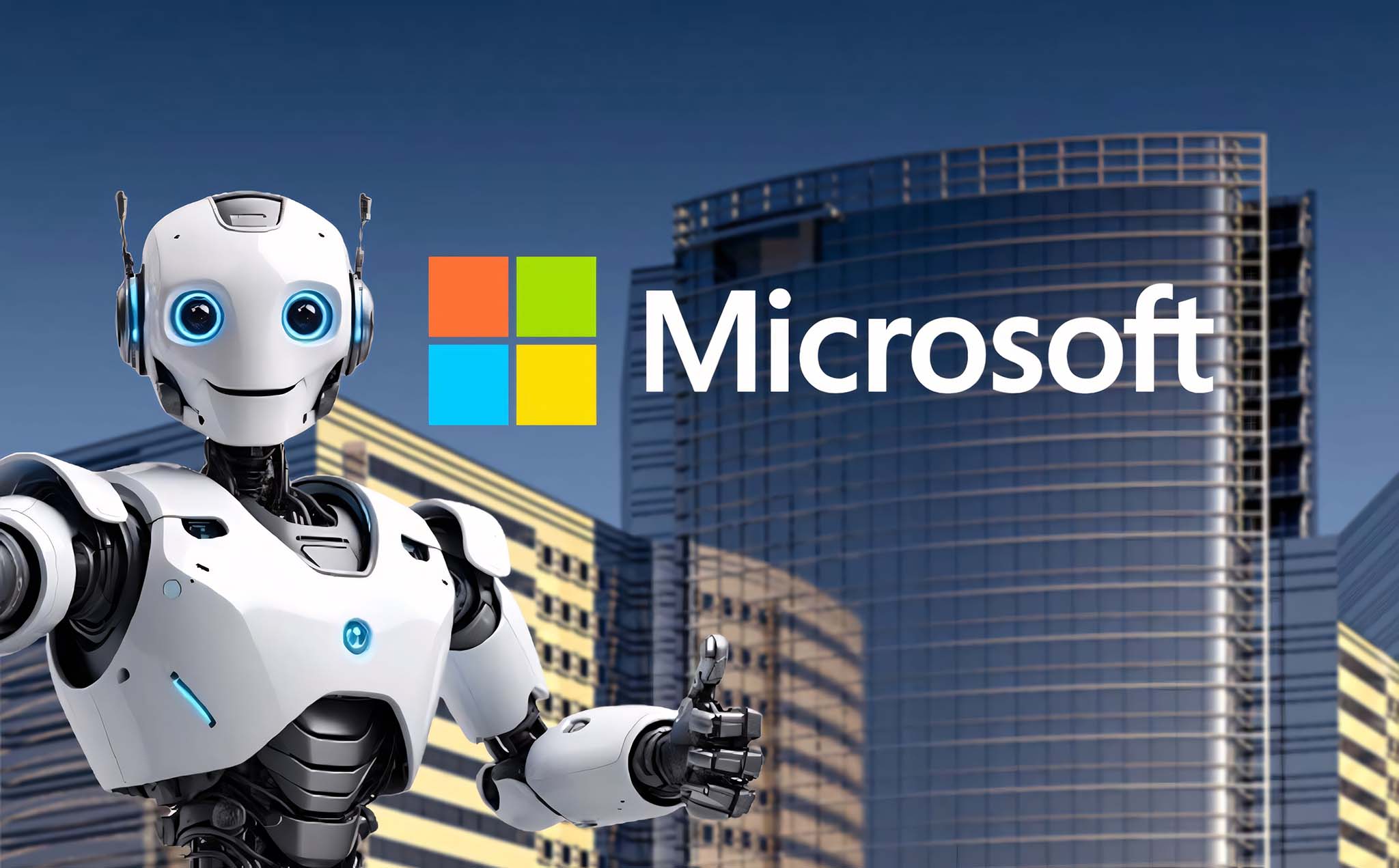Here's a glimpse of the current state of AI at work after its rapid growth and adoption by organizations.
What you need to know
- Microsoft just released its fourth annual Work Trend Index report.
- It majorly focuses on the state of AI at work.
- Contrary to popular belief, AI is creating more job opportunities than losses, with company leads expressing concern over insufficient talent to fill open vacancies.
Microsoft just released its 4th annual Work Trend Index report. And like last year, it focuses on generative AI, but with a focus on the technology's state at work. Last year's report shed light on the employees' and employer's perspectives on AI in the workplace.
Two things stood out, a vast majority of the polled participants indicated they didn't have enough time to do their work and wanted to integrate AI into their workflow to make work easier, whereas 49% were concerned about losing their jobs to AI.
The Work Trend Index report is a joint effort from the Microsoft and LinkedIn teams, based on "a survey of 31,000 people across 31 countries, labor and hiring trends on LinkedIn, trillions of Microsoft 365 productivity signals and research with Fortune 500 customers."
Microsoft immersed itself in the AI wave after making a multi-billion investment in cutting-edge technology, extending its partnership with ChatGPT maker, OpenAI. In one year, the advances in the AI landscape have completely revolutionized the setup at companies, including the qualities recruiters head-hunt for when hiring for new positions, the leadership direction of the company, and how people handle assigned tasks at work.
According to Microsoft CEO Satya Nadella:
"AI is democratizing expertise across the workforce. Our latest research highlights the opportunity for every organization to apply this technology to drive better decision-making, collaboration—and ultimately business outcomes."
AI has cemented its place in the workplace, but the implementation phase is slow

AI is definitely here to stay, and it looks like we need to understand it. (Image credit: Future | Image Creator by Designer)
Generative AI certainly holds a place in organizations, with three out of four knowledge workers using AI to make their work easier. The report indicates that technology has significantly helped them save time, boost productivity, and even allow them to focus on more important things.
The same sentiments are echoed by 79% of the polled leaders, who say AI is an important ingredient that will foster health competition with rivals in the future. However, 60% of the leaders are worried about the company lacking AI focus and an elaborate plan to implement the tech across their workflows.
Interestingly, while leaders try to find a solution for this critical issue, more than 78% of AI users have started bringing their own AI tools to work.
Surprisingly, AI is creating more jobs

AI isn't just taking jobs as many would fear, it's creating them. (Image credit: Windows Central)
While job security and privacy remain major concerns for employees with the rapid growth and adoption of AI, the Work Trend Index report shows that the technology is creating more opportunities to the extent that's making people (46%) want to switch career paths and transition to AI.
NVIDIA CEO Jensen Huang indicated coding might be dead in the water as a career option for the next generation. Instead, he highlighted the youth are better off exploring opportunities in other areas, including biology, education, manufacturing, or farming. Contrary to these sentiments, 55% of the polled leaders have expressed concerns over not having enough talent to fill open roles in their companies across cybersecurity, engineering, and creative design.
Speaking of creative design, a report recently indicated that AI is on the verge of claiming architecture and design jobs from professionals with the prevalence of sophisticated AI-powered tools like Image Creator from Designer and Midjourney.
As of late last year, we’ve seen a 142x increase in LinkedIn members adding AI skills like Copilot and ChatGPT to their profiles and a 160% increase in non-technical professionals using LinkedIn Learning courses to build their AI aptitude.
Microsoft
Moving forward, it seems that recruiters will consider AI skills heavily before hiring anyone. Per the report, two-thirds of polled leaders indicate they won't hire anyone without AI skills, despite only 39% of the employees in their company having these skills. Professionals are actively upskilling in the AI landscape, perhaps to maintain their importance in the workplace.
Microsoft wants users to learn how to use AI properly

Knowing how to use AI properly and responsibly is going to be an important skill to have. (Image credit: Future)
As it turns out, more people find AI extremely instrumental at work as it saves over 30 minutes daily. 90% of AI power users indicate the technology has significantly made their overwhelming workload manageable, making it easier for them to enjoy their jobs.
Per the report:
"Power users work for a different kind of company. They are 61% more likely to have heard from their CEO on the importance of using generative AI at work, 53% more likely to receive encouragement from leadership to consider how AI can transform their function, and 35% more likely to receive tailored AI training for their specific role or function."
Finally, to make AI easier to use, Microsoft is shipping new capabilities to Copilot for Microsoft 365 to help users with a lack of proper prompt engineering practices, including auto-complete, catch up, and rewrite features. LinkedIn will also provide its premium subscribers free access to over 50 AI courses to help sharpen their skills. The features should ship to broad availability in the coming months.



3175x175(CURRENT).thumb.jpg.b05acc060982b36f5891ba728e6d953c.jpg)
Recommended Comments
There are no comments to display.
Join the conversation
You can post now and register later. If you have an account, sign in now to post with your account.
Note: Your post will require moderator approval before it will be visible.